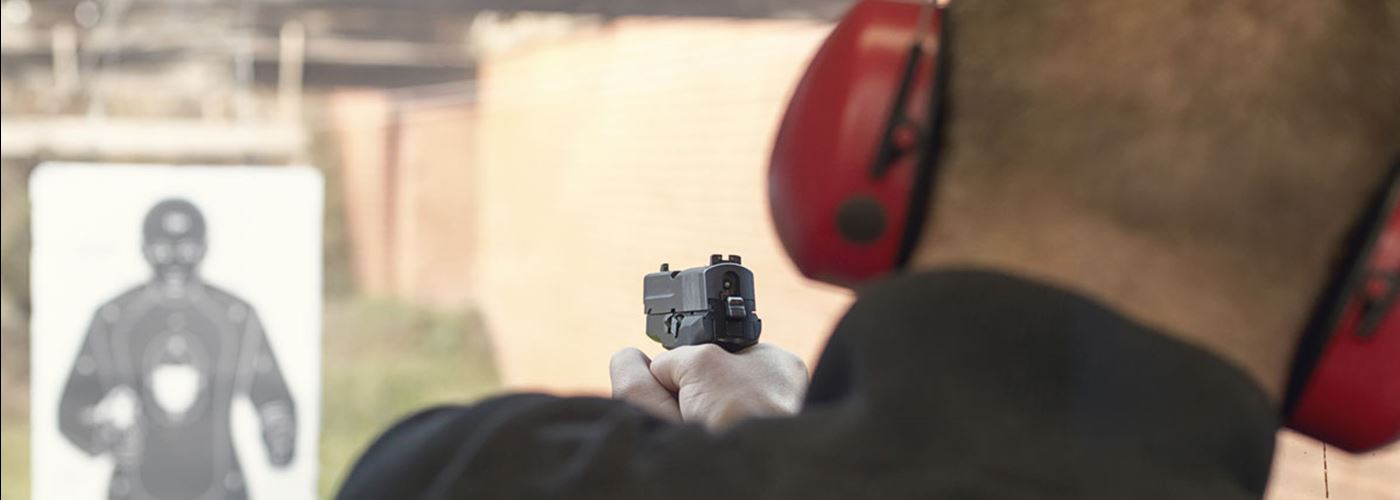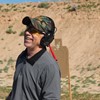
A Common Gun Training Question That Provides Little Value in Assessing Skill Level
Firearms instructors commonly hear the phrase, “I’ve been around guns since I was a kid,” when they ask students about their firearms experience. Unfortunately, that particular response doesn’t tell us much.
The question, “What is your experience with guns?” opens doors for discussion, but it is probably not the best way to get a feel for a customer’s training needs.
Besides being around guns since they were young, another popular response to training experience is, “I was trained in the military.” While this response is a great starting point, let me explain why shooting instructors need to dig a little deeper to determine a student’s firearms training needs.
Gun Knowledge vs. Skills
Here’s a somewhat similar scenario: I’ve been around food all my life, but I am not a great cook. I’ll go even further and say I’m definitely not a chef. There are a few dishes I have the knowledge and skill to prepare, but there are many that I do not. I know a great deal more about cooking than my skills will allow me to successfully create. For example, I have watched someone make a pie crust about 1,000 times, but I have never successfully made one. That’s because knowledge and skill are not the same thing.
Like any martial art, gun skills are perishable. If you’re not frequently practicing them and researching new advancements, you can quickly lose the skill or miss out on a new technique. Technology and advancements in efficiencies and effectiveness impact the way gun skills are taught and applied. This means the firearms training I received in the military, many years ago, is nothing like the skills I use and teach, today.
It’s easy for a student to think they know a lot about shooting. Raise your hand if you’ve ever watched a friend or family member fire a weapon. Raise your hand if you’ve seen a Blockbuster movie with an intense shooting scene. See where I’m going with this? If a student has had former training years ago or has watched some YouTube tutorials, they probably have a general knowledge about guns and shooting. This knowledge, however, far exceeds their skill with the gun.
Developing Skills with Continuous Firearms Training
The knowledge vs skill discrepancy is why training is so important. Training doesn’t just impact what you know, it requires you to perform the associated skills. Can you move to cover while mitigating a malfunction or reloading? We’ve seen John Wick do it and it looks pretty straightforward. But here’s the reality, most people cannot do this - even in a completely stress-free environment. They must train and train continuously.
The idea supporting continuous firearms training is to marry knowledge and skill into a combination of safe handling, rapid decision-making, mindset, efficiency, and effectiveness. It requires introspection, accepting critique, and a willingness to progress.
Great Questions to Ask New Students
Instead of asking, “What’s your experience with guns?” try asking your new students these questions:
- “When was the last time you took a training class?”
- “How often do you go to the range?”
The answers to these questions will tell you a lot more about the student’s training needs. If you ask yourself those questions, right now, you will immediately know what your training needs are, too.
Skill Level Assessment Questions to Determine Future Firearms Courses
If your student has not been to a course or to the range in more than 3 months, they need to find a course on the fundamentals and make sure they are solid on those easy-to-forget skills.
If they are proficient in the fundamentals, what about their decision-making processes under stress? Are they confident they will make the right decisions in defense of their life? Can they displace laterally or horizontally, or shoot from compromised positions? Can they shoot, move, and communicate?
If they are solid on those skills, what about their marksmanship? Do they feel confident they will not shoot an innocent person if they engage a violent person in defense of their life? These are great questions to ask to determine your student’s next best gun training course.
Continuous training is a commitment to an ethos that is so important to gun owners and instructors. ShootingClasses.com makes it even easier to reach and teach new students. Check out our features and benefits for firearm instructors.
